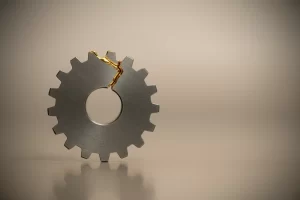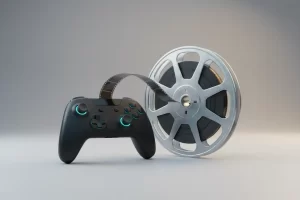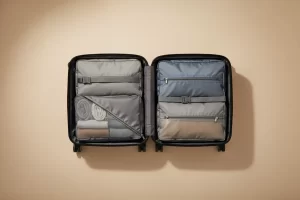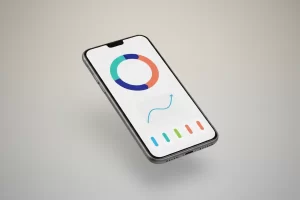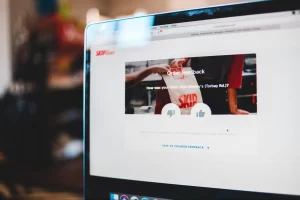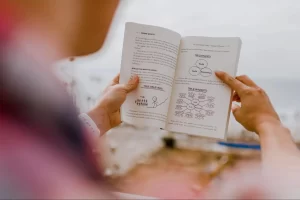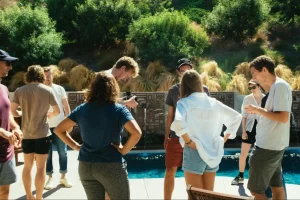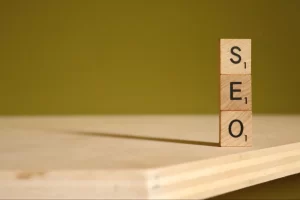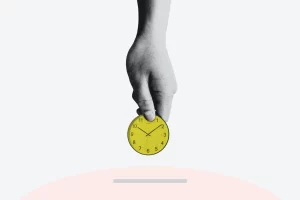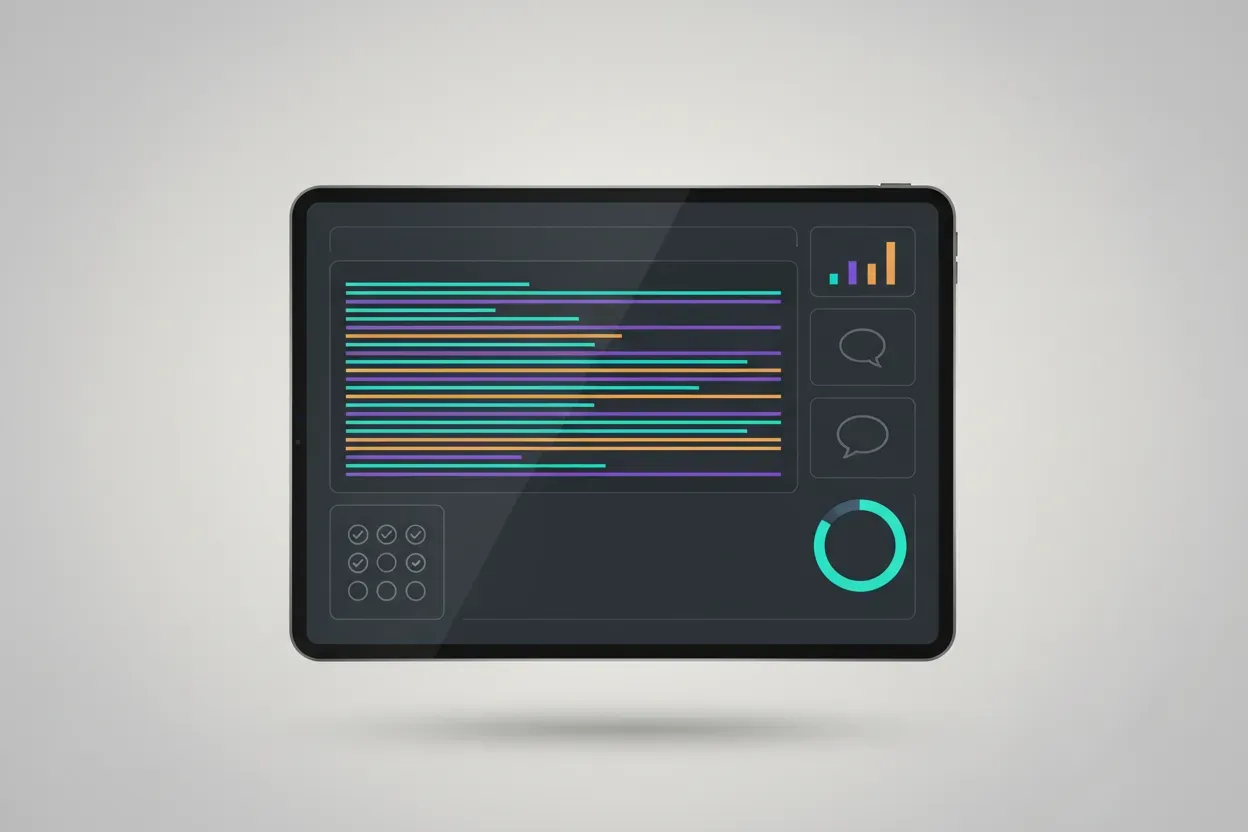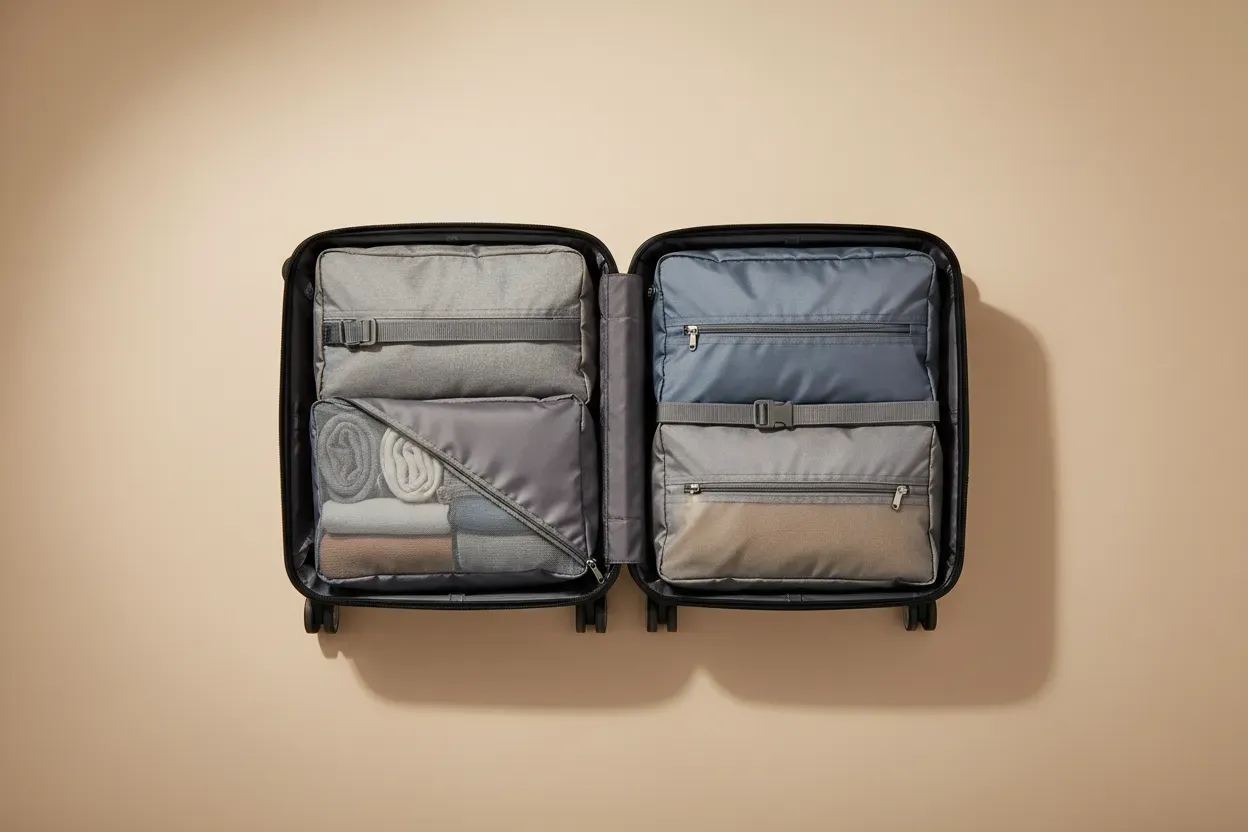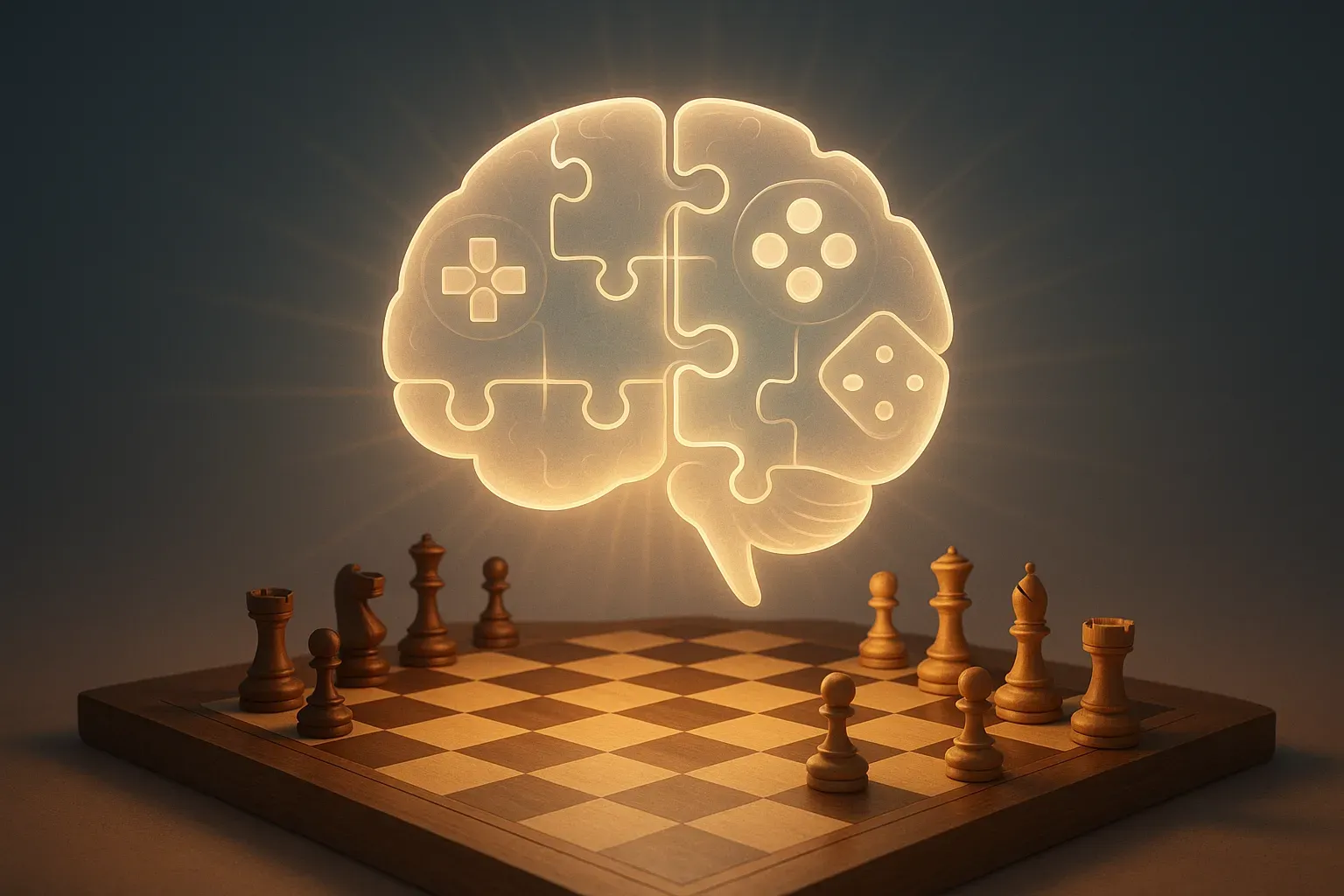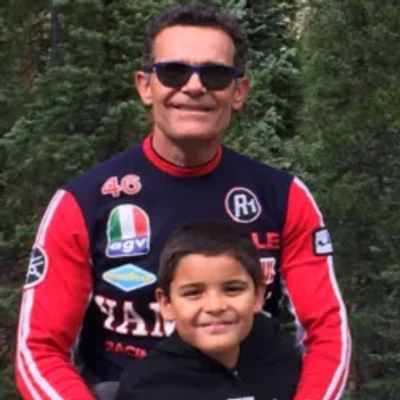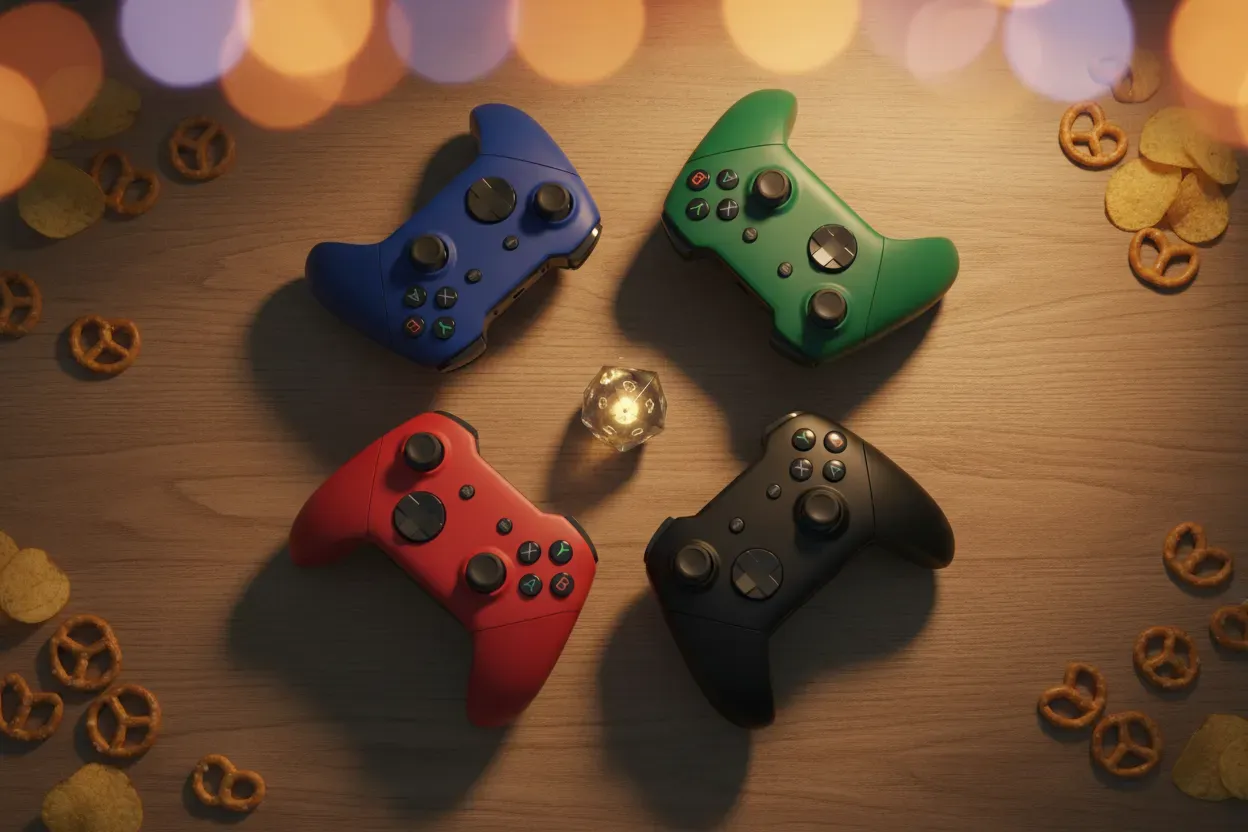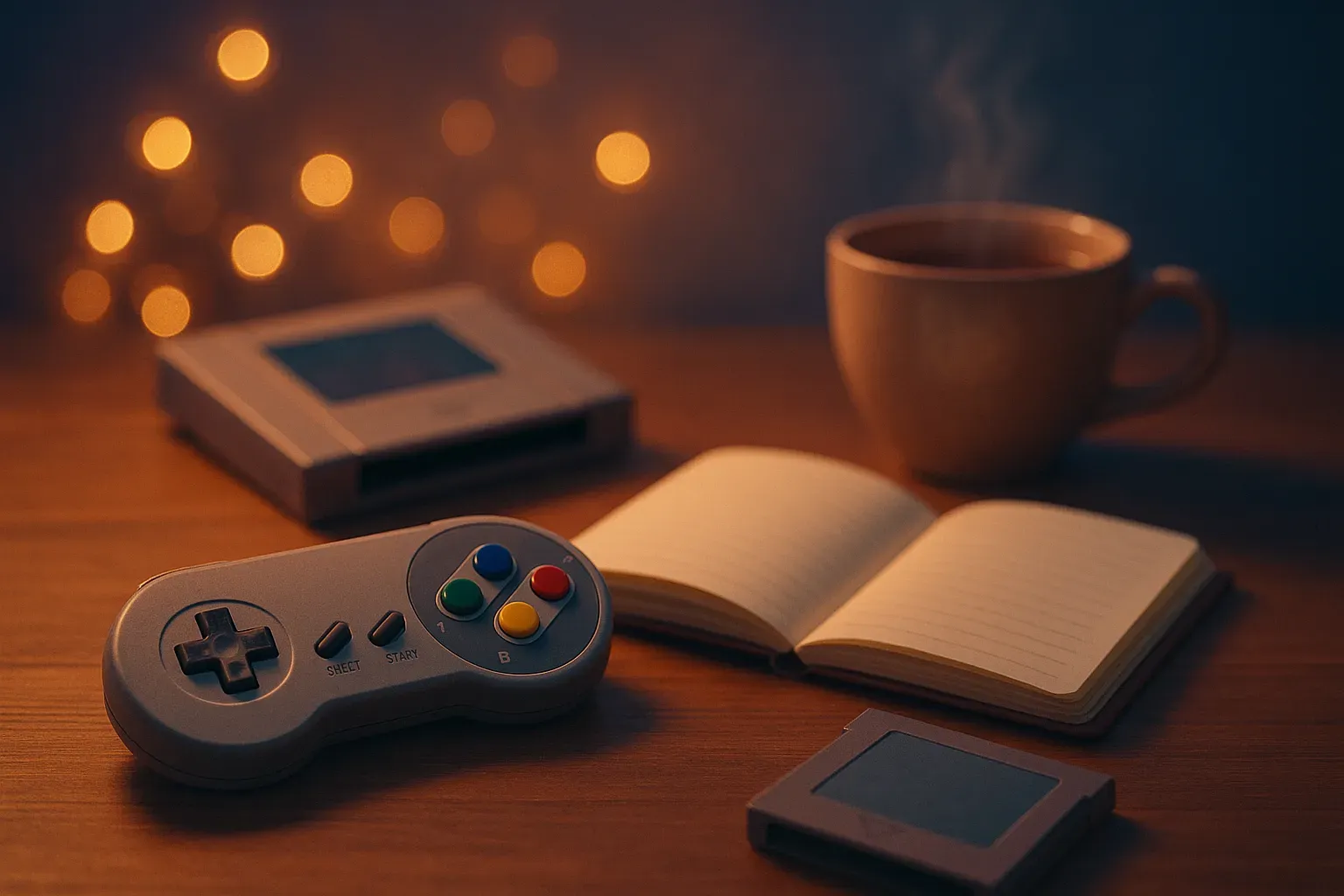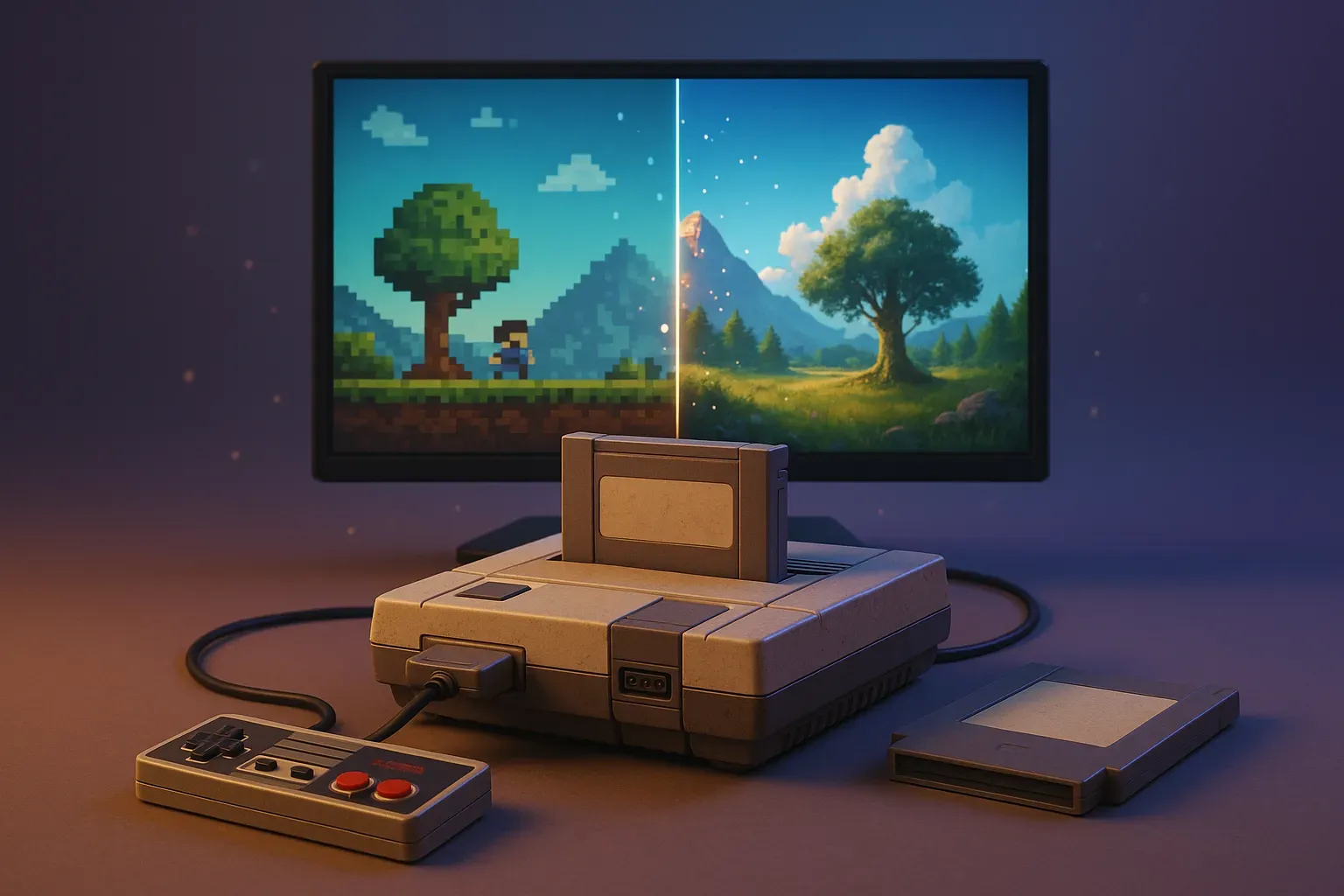20 Games That Changed Our Perspectives: Reader Responses
Games have a unique power to reshape how we think, make decisions, and understand the world around us. This article compiles 20 reader responses exploring transformative gaming experiences, featuring insights from experts who analyze how specific games fundamentally altered their perspectives. From learning patience through QWOP to understanding grief through That Dragon, Cancer, these stories reveal the profound psychological and practical lessons hidden within interactive entertainment.
- That Dragon Cancer Reshaped Grief Understanding
- Narrative Therapy Separated Problems From Identity
- The Witness Rewired How I Learn
- Brutal Honesty Exercise Shattered My Perspective
- Last of Us Shifted My Storytelling
- QWOP Transformed My Patient Explanations
- Body Scanner Made Invisible Progress Visible
- Papers Please Taught Me About Empathy
- Factorio Revealed Systems Beat Manual Labor
- Tetris Redefined What Control Actually Means
- Stanley Parable Questioned Free Will Entirely
- Journey Shifted Beliefs About Silent Connection
- Last of Us Mirrored Leadership Complexity
- Supply Disruption Proved Physical Assets Matter
- Chess Changed My Decision-Making Approach
- Psychological Manipulation Freaked Me Out
- Sales Soul Treated Calls Like Stories
- Satisfactory Revealed Bottlenecks Halt Everything
- Obra Dinn Showed Constraints Force Better Ideas
- The Sims Taught Balance Through Choices
That Dragon Cancer Reshaped Grief Understanding
I’m a clinical psychologist who’s spent years researching trauma and resilience, so I approach most media through that lens. That said, “That Dragon, Cancer” completely reshaped how I think about grief and meaning-making. It’s a game created by parents processing their son’s terminal cancer diagnosis, and it doesn’t offer solutions or happy endings–just raw, honest emotional experience.
What struck me professionally was how interactive storytelling can facilitate what we call “experiential avoidance” in reverse. Most people run from painful emotions, but this game forces you to sit with helplessness, love, and loss simultaneously. It challenged my assumption that therapeutic processing always needs a clinician present–sometimes art creates the container people need.
I’ve since recommended it to colleagues working with bereaved parents. The game demonstrates something I see in my practice: meaning doesn’t come from “getting over” loss, but from integrating it into your identity. The creators didn’t move past their grief–they transformed it into connection with others facing similar pain.
It also reinforced why I use Internal Family Systems therapy. The game shows how multiple truths coexist–gratitude and devastation, hope and despair–without one invalidating the other. That’s exactly what psychological flexibility looks like, and it’s what I help clients develop when facing their own impossible situations.

Narrative Therapy Separated Problems From Identity
I’m a therapist who specializes in trauma and addiction, and I’ve spent 14 years helping people identify the unhealthy patterns that keep them stuck. The “game” that changed how I think about myself wasn’t digital–it was learning to observe my own co-dependency patterns while helping clients with theirs.
I use CBT, DBT, and Narrative Therapy daily, and one technique completely shifted my perspective: the “externalization” exercise from Narrative Therapy. Instead of saying “I am anxious,” clients learn to say “anxiety is visiting me today.” That small linguistic shift–separating yourself from the problem–makes you realize you’re not broken, you’re experiencing something temporary.
I started applying this to my own life and it was massive. When I caught myself in people-pleasing mode or taking on too much responsibility for others’ emotions, I could step back and see the pattern as separate from who I actually am. My clients report the same “aha” moments when they realize their trauma response isn’t their identity–it’s just a protective mechanism that’s outlived its usefulness.
The real challenge was accepting that the tools I teach others actually work when I use them on myself. It sounds obvious, but most therapists struggle with that gap between knowing and doing.
The Witness Rewired How I Learn
The game that genuinely changed how I think is The Witness by Jonathan Blow. On the surface, it’s just a puzzle game — hundreds of little line mazes on panels scattered across an island. But what it really teaches you is how to see. Not just to look, but to notice the patterns hiding in plain sight.
There’s no tutorial, no scoreboard, no verbal instruction. You learn entirely by observation — failing, guessing, noticing tiny shifts in color or shadow — and then realizing the island itself has been teaching you the whole time. The game isn’t about solving puzzles; it’s about retraining your perception.
That hit me hard. It made me realize how much of life, and business, works the same way. We expect progress to come from someone explaining the rules, but most growth happens when you notice the pattern that’s been right in front of you all along. Now, whenever something feels confusing or frustrating at work, I try to ask: What’s the invisible rule here that I’m missing?
The Witness rewired how I approach learning — less about adding new information, more about noticing what’s already there.

Brutal Honesty Exercise Shattered My Perspective
I spent nine years trapped in active alcoholism, and the “game” that fundamentally changed how I see myself and the world was the brutal honesty exercise in rehab. We had to write out every person we’d hurt, every lie we’d told, every moment we chose alcohol over what mattered–no sugarcoating allowed.
What shattered my perspective was this: I’d walked into that program thinking I was “better” than the other addicts because I had a house, a business, and didn’t drink on park benches. Writing that inventory forced me to see that my park bench was just my sofa, and the homeless alcoholic and I were identical–just different furniture. That realization was humiliating and liberating at the same time.
The real challenge came from tracking my daily gratitude list in early recovery. I genuinely couldn’t think of anything to be grateful for because all I could see was “I can’t drink anymore.” But forcing myself to write three things daily–even stupid stuff like “I woke up in a dry bed” or “there’s food in the cupboards”–rewired how I process my entire life. Now I notice horses on the beach during morning bike rides instead of nursing hangovers until noon.
That exercise taught me something I use with every client at The Freedom Room: change happens when you stop comparing your insides to everyone else’s outsides and start measuring your progress against your own rock bottom, not someone else’s highlight reel.

Last of Us Shifted My Storytelling
I never thought a game would teach me about storytelling until I played *The Last of Us*. The way it made me care about characters through environmental details–notes on walls, abandoned rooms with stories–completely changed how I approach branded content at Gener8 Media.
Before that game, I was making the mistake most brands make: explaining what they do with flashy shots and voice-overs. Now I structure every documentary and branded film around showing human moments instead of telling features. When we produced *Unseen Chains* about human trafficking with Drive 4 Impact, we focused on intimate survivor perspectives rather than statistics–it connected with audiences in a way traditional PSAs never could.
The biggest shift was realizing people don’t skip content they’re emotionally invested in. I stopped asking “what does this client sell?” and started asking “what human experience does this brand touch?” That one mental flip took our client work from forgettable commercials to short films people actually choose to watch.
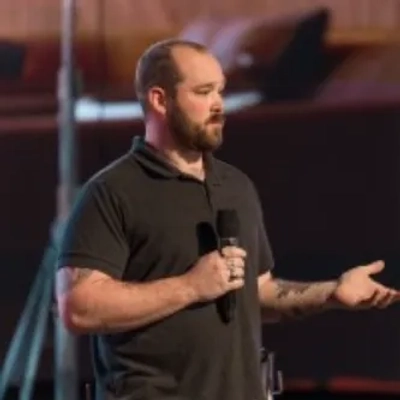
QWOP Transformed My Patient Explanations
I’m a physical therapist who spent years treating terror attack victims in Tel Aviv before opening my Brooklyn clinic, so I’ve seen how the body holds trauma. QWOP completely changed how I explain motor control to patients–it sounds ridiculous, but it’s now a reference point I use almost weekly.
The game forces you to manually control each leg muscle just to make a runner take a single step. Most people rage-quit within minutes because coordinating four keys to produce normal walking feels impossible. That’s exactly what my Ehlers-Danlos patients experience daily–their brains have to consciously manage movements that should be automatic because their joints are too loose to provide normal feedback.
I started using QWOP as shorthand during evaluations. When someone with chronic pain says “I don’t understand why walking hurts when nothing’s broken,” I reference that game. Your nervous system is working overtime like a QWOP player, spending massive energy on basic stabilization that healthy joints handle automatically. One patient told me that comparison made her cry with relief–finally someone understood she wasn’t lazy or crazy.
It shifted my treatment approach too. Instead of just strengthening muscles, I now focus heavily on rebuilding that automatic motor control through incremental position training. We’re basically teaching the nervous system to stop playing QWOP and let movement happen naturally again.
Body Scanner Made Invisible Progress Visible
I’m going to take a different angle here–not a video game, but the “game” of running a fitness business with 40+ years of watching people transform themselves. When we integrated the Fit3D Pro Body Scanner across our Just Move locations in Florida, it fundamentally changed how I think about progress and self-perception.
Here’s what challenged me: members would look in the mirror daily and see *nothing* changing, getting discouraged and ready to quit. But that scanner captures 3D measurements and posture data that shows micro-changes invisible to the naked eye–a half-inch lost here, muscle density improving there, posture straightening over weeks. Watching members see their actual progress in data form, sometimes breaking down in tears because they finally had *proof* they were improving, completely shifted how I view feedback and validation.
It taught me that what we can’t see or measure, we tend to dismiss or undervalue. Now I apply that thinking everywhere–from member satisfaction surveys through Medallia to tracking small operational wins. The “game” is making the invisible visible, because change happens in increments too small to feel in the moment but massive over time.
Papers Please Taught Me About Empathy
One game that genuinely changed how I thought about the world—and myself—was Papers, Please. On the surface, it’s a pixelated border-control simulator, but what it actually forces you to confront is the weight of systems, the pressure of bureaucracy, and how ordinary people make ethically messy decisions when survival is on the line.
When I first played it, I expected a clever puzzle about passports and visas. Instead, I found myself struggling with choices that had no perfect outcome. A mother begging for entry with incomplete documents. A bribe that would help feed your in-game family but violate the rules you’re sworn to uphold. It’s uncomfortable, and that discomfort is the point.
It challenged my perspective in a way business never had. As entrepreneurs and leaders, we talk about values constantly, but in the real world, values collide with constraints: budgets, policies, timelines, stakeholders. The game made me more empathetic to the people who work inside systems they didn’t design. It reminded me that sometimes, “bad decisions” come from impossible choices.
That realization translated into my work. I remember speaking with a client team in a highly regulated industry who seemed resistant to creative ideas. Before, I might have pushed harder. After playing Papers, Please, I started asking better questions. What invisible pressures were shaping their decisions? What were they trying to protect? Once we understood their constraints, collaboration unlocked.
The game also forced me to look inward. It was humbling to see how quickly I justified bending rules when it benefited me in the story. That discomfort made me reflect on leadership. Integrity isn’t measured when everything is easy. It’s measured when breaking your own standards would be convenient.
We live in a world where we judge at a distance. Games like this compress the lived experience of others into something interactive. They don’t lecture—they let you feel. And sometimes feeling is what shifts perspective the most.
I walked away with something simple but important: empathy usually hides in the details we never see, and most people are doing the best they can within the limits placed on them.

Factorio Revealed Systems Beat Manual Labor
The game that fundamentally changed how I viewed logistics and resource allocation was Factorio, where the goal is to build automated factories. It challenged the core belief of any craftsman: that hands-on effort is the most efficient solution. My initial approach in the game was to do everything myself—manually moving components and solving bottlenecks—which quickly created a massive structural failure as the complexity overwhelmed me.
The game forced a crucial perspective shift: the biggest obstacle to efficiency isn’t the workload; it’s the structural chaos of the process. I had to stop performing the tasks (like manually moving materials or sorting components) and start designing a system that guaranteed efficiency. It’s the difference between manually moving OEM Cummins parts and designing a flawless system to deliver them. The trade-off was sacrificing the satisfying feeling of direct physical labor for the difficult, abstract work of process design.
The game taught me that the master craftsman’s job isn’t to work harder; it’s to design a superior system that eliminates human error. My perspective changed from focusing on my own strength to focusing on the strength of the process. The best way to achieve efficiency is to be a person who is committed to structural optimization over individual physical effort, rather than a simple, hands-on solution.
Tetris Redefined What Control Actually Means
The game that really shifted my perspective was Tetris. It sounds simple, but it taught me more about mindset than any self-help book ever could. Every time you think you’ve got things perfectly lined up, something unexpected drops in and forces you to adapt—and the game never stops. That rhythm mirrors business and life more than I realized when I was younger.
As we grew Magic Pest Control, we faced constant surprises—staffing changes, supply delays, and sudden growth. Playing Tetris made me rethink what “control” actually means. It’s not about avoiding chaos; it’s about adjusting quickly and keeping calm while you find the next fit. That lesson has shaped how I approach challenges ever since: focus, adapt, and don’t waste energy on frustration.

Stanley Parable Questioned Free Will Entirely
One game that made me think differently about the world and myself was “The Stanley Parable.” This narrative-driven, interactive game challenges the concept of choice and free will. In the game, you control the character Stanley, but the story unfolds based on whether you choose to follow the prescribed path or deviate from it, leading to numerous unexpected outcomes.
What made me reflect deeply was how the game played with the idea of agency and control. It made me question how much of our lives are shaped by external influences or predetermined expectations versus how much we actively choose. The game’s many possible endings, which often feel absurd or reflective, encouraged me to rethink how we make decisions, whether in life or in the context of games themselves.
It also challenged my perspective on narrative structures. It made me realize how stories can be nonlinear and open to interpretation, and how much influence we have over our paths, even when it feels like we’re being led down a set route. It left me reflecting on the tension between autonomy and determinism in real life, prompting me to be more mindful of the choices I make and their deeper implications.

Journey Shifted Beliefs About Silent Connection
Journey completely shifted how I think about connection. There’s no dialogue, no usernames—just silent collaboration between strangers exploring the same world. When another player appeared beside me, we couldn’t talk, yet we helped each other instinctively. It reminded me how much communication relies on intention, not words. That quiet companionship felt more meaningful than most competitive games I’d played. It made me rethink how empathy works online—that even in a digital space, kindness can exist without recognition or reward. It’s simple, beautiful, and unexpectedly human.

Last of Us Mirrored Leadership Complexity
The game The Last of Us shifted how I view leadership under pressure. Its story isn’t about survival alone but about the moral cost of every decision made in crisis. Watching the characters navigate loyalty, loss, and sacrifice mirrored the emotional complexity of leading through disaster recovery after major Gulf Coast storms. The game challenged the belief that strong leadership always means making the “right” choice—it showed that sometimes every option carries a consequence, and integrity lies in owning the outcome. It reinforced the importance of empathy in high-stakes decisions, both in fiction and on the job. The experience blurred the line between resilience and humanity, reminding me that strength isn’t the absence of vulnerability—it’s the ability to carry it responsibly.

Supply Disruption Proved Physical Assets Matter
My business doesn’t deal with “games” or abstract self-reflection. We deal with heavy-duty truck logistics, where the challenge that makes me think differently is mastering external, unpredictable forces.
The “game” that challenged my perspective wasn’t digital; it was the real-world simulation of supply chain disruption that occurs every time an external event—a port strike, a natural disaster—threatens high-value inventory. Before experiencing a major disruption, I assumed financial planning was enough. The crisis challenged that perspective entirely.
The perspective shift was simple: Cash is useless if the asset is physically unavailable. I realized that my focus on liquid capital was a mistake. My energy should have been on securing and diversifying the physical movement of the OEM Cummins parts. The crisis forced me to think differently by proving that the financial security of the business relies entirely on the physical security of the assets—the turbocharger assemblies and the diesel engine components.
This experience fundamentally changed how I run the business. I stopped prioritizing the balance sheet and started prioritizing operational hardening. We now invest heavily in redundant freight contracts and regional storage options, treating the cost of that redundancy as non-negotiable insurance. The ultimate lesson is: You secure your business’s future not by maximizing profit, but by ruthlessly minimizing the physical vulnerabilities in your operational process.

Chess Changed My Decision-Making Approach
For me, it was chess. I started playing it more seriously a few years back, and it completely changed how I approach decision-making. In business, I used to focus mostly on solving the problem right in front of me. Chess forced me to think a few moves ahead — not just about what I wanted to do, but how my choices would shape the next few turns.
It also taught me patience. In pest control, you deal with unpredictable things — weather, customers, and infestations that don’t follow the usual pattern. Chess reminded me that progress doesn’t always come from quick moves but from steady, well-thought-out positioning. That mindset has helped me slow down, see the bigger picture, and make better long-term decisions for both my team and the company.

Psychological Manipulation Freaked Me Out
I played this game about psychological manipulation in marketing, and it honestly freaked me out a little. It showed how easily all of us, including me, fall for the little nudges that make us buy things. The next day, I looked at our ad campaigns differently. Are we actually helping people or just being clever? Since then, I make sure everything I write is something I’d find useful myself, not just something designed for a click.

Sales Soul Treated Calls Like Stories
Sales Soul changed everything. I stopped just pitching and started treating every sales call like a story we were building together. Instead of focusing on quotas, I started asking what people actually cared about. Treat each conversation like a real one. It not only makes the work more enjoyable, it brings in more customers.

Satisfactory Revealed Bottlenecks Halt Everything
Satisfactory changed how I approach work problems. In the game, one slow conveyor belt can bring the whole factory to a halt. Now I always look for those small bottlenecks that slow everything down. I use the same thinking when mentoring, showing how tiny workflow tweaks add up. It’s not that different from scaling a software business.
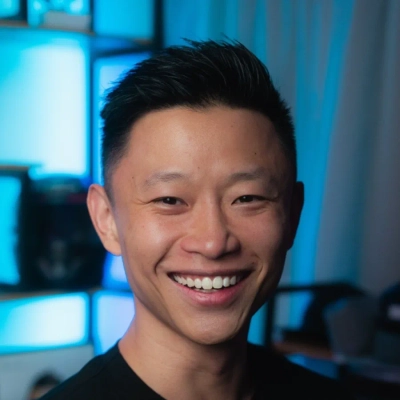
Obra Dinn Showed Constraints Force Better Ideas
Playing Return of the Obra Dinn was an eye-opener. Its simple black and white graphics and deduction puzzles showed you don’t need a fancy engine to tell a great story. Sometimes constraints force better ideas. At Magic Hour, we started experimenting with how to say more with less visually. If you work in creative tech, try games that play with perspective—they’ll surprise you.

The Sims Taught Balance Through Choices
For me, it was The Sims. Sounds simple, I know. But managing those tiny digital lives actually taught me a lot about balance, priorities, and how small daily choices stack up over time. It changed how I look at people and what drives them. Funny thing is, those lessons still stick with me now when I think about leading a team or building a business. It’s wild how a game about fake people can make you think about your own habits.


